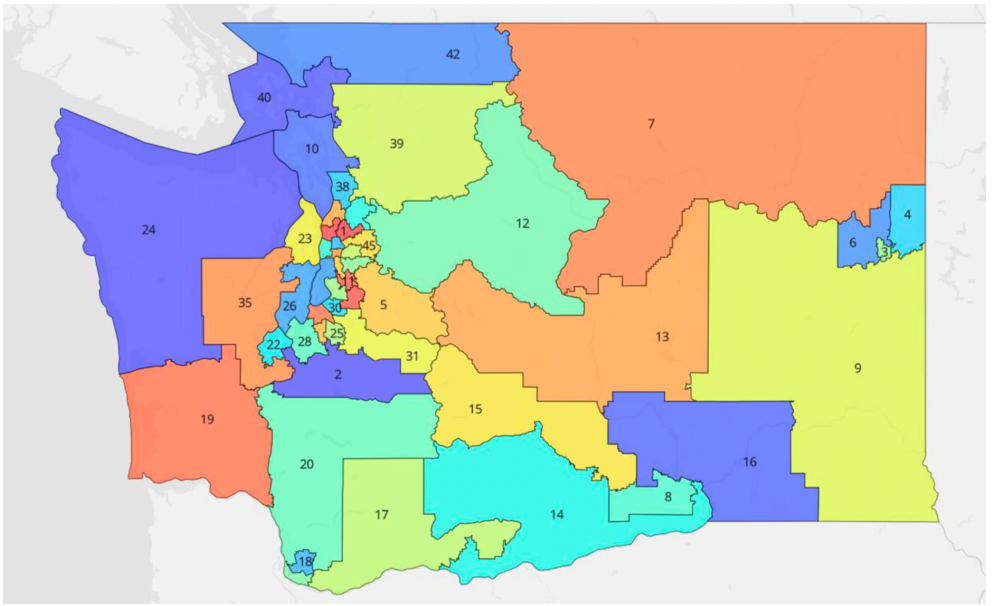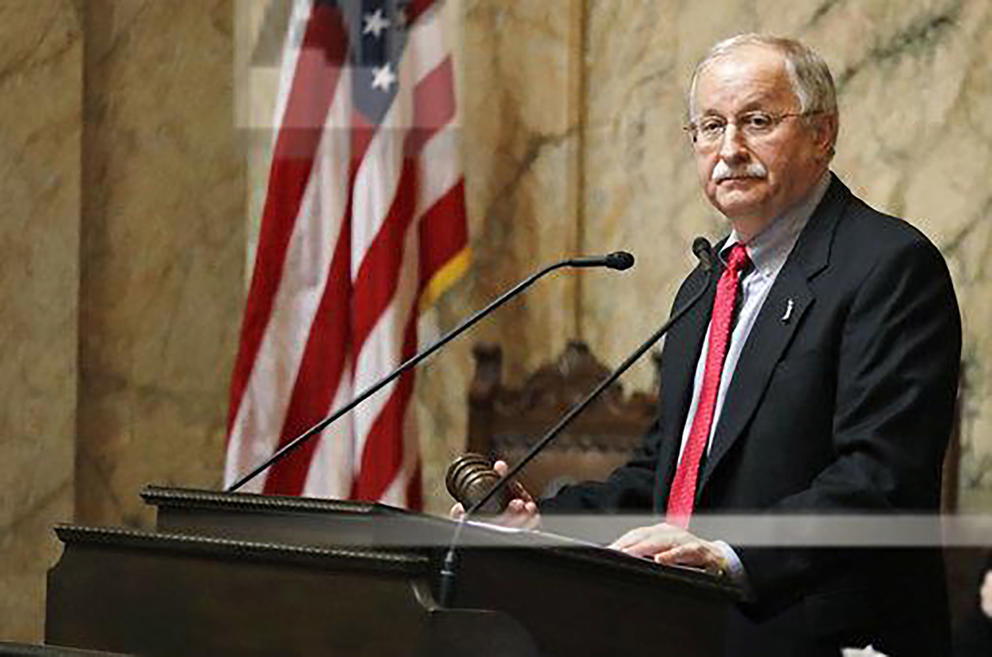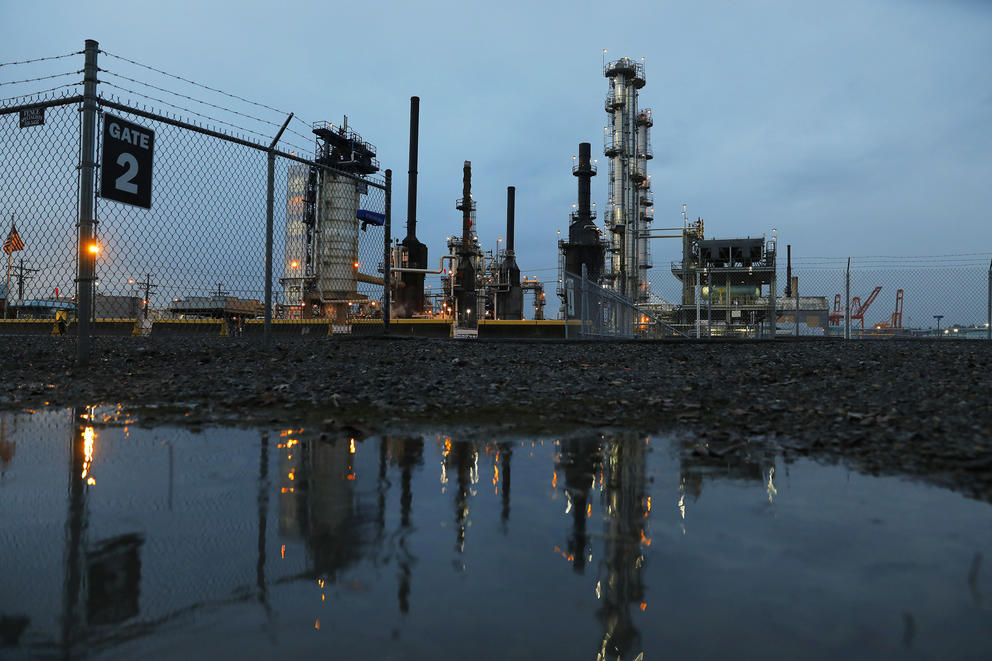Joseph O’Sullivan, Shauna Sowersby honored for watchdog reporting

The Washington Coalition for Open Government’s Bunting Award presented to Joseph O’Sullivan and Shauna Sowersby. (Donna Gordon Blankinship/Cascade PBS)
Cascade PBS is honored to share that our state government reporter Joseph O’Sullivan has been honored by the Washington Coalition for Open Government for his work covering state lawmakers’ efforts to hide information about their work from the public using what they say is their “legislative privilege.”
O’Sullivan and his partner in the reporting project that spanned 2023, Shauna Sowersby of McClatchy, were given the Coalition’s prestigious Bunting Award at a ceremony on Friday at T-Mobile Park, although O’Sullivan was unable to attend.
“The Kenneth F. Bunting Award recognizes journalists and media outlets for work that uses or advances Washington state’s open government laws, or educates citizens about them,” according to their website. The Coalition said this was the first time they had honored journalists from two different organizations who collaborated on a project. O’Sullivan and Sowersby worked together on their reporting for more than a dozen stories published in their respective publications. Crosscut also won this award last year for investigative coverage.
Sowersby and O’Sullivan used public records and dozens of interviews to tell the story of how lawmakers were silently exempting everything from deliberative documents to embarrassing content, why they decided to use “legislative privilege”; and how the exemption was crafted and used. They also uncovered how powerful lobbying agencies can influence transparency laws and how at least one executive branch agency secretly had a “legislative privilege” policy on their books. That agency has since rescinded the policy.







